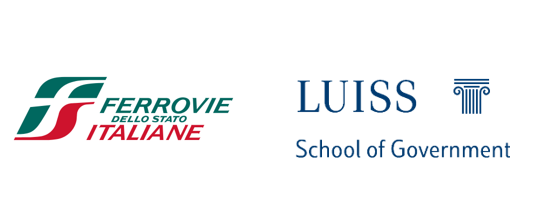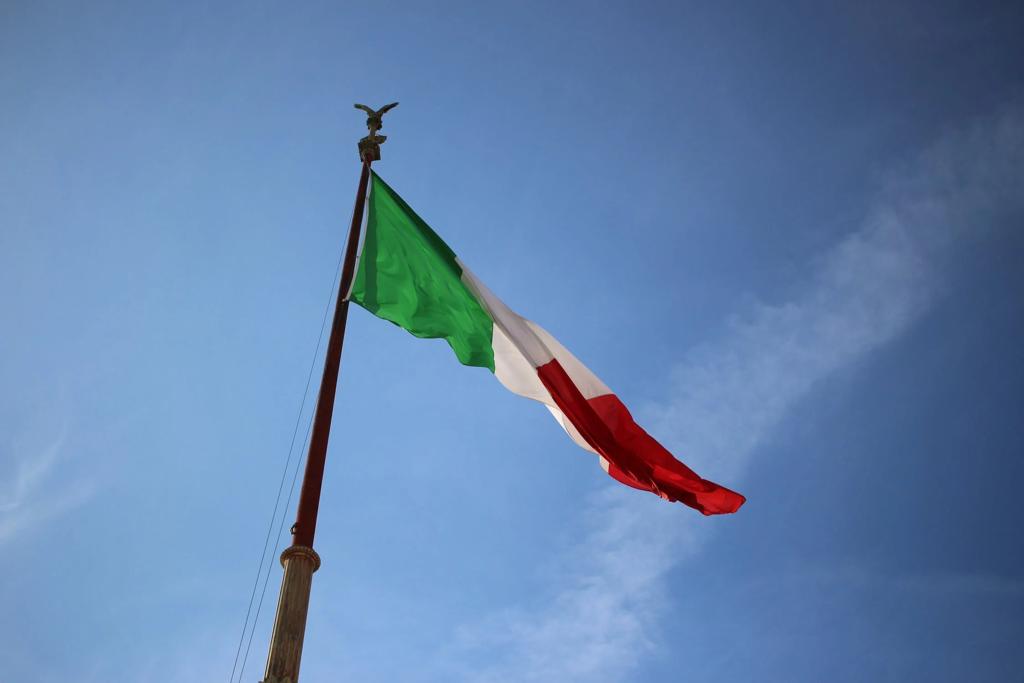
L’intelligence economica nell’era digitale
Si è tenuto presso la sede di Villa Blanc un seminario di studi sull’intelligence economica nell’era digitale organizzato dalla Luiss School of Government con il supporto di Gruppo Ferrovie dello Stato Italiane.
Riassunto:
La Luiss School of Government organizza, con la partecipazione e il sostegno di Ferrovie dello Stato, un Seminario di Studi su questo tema
With the participation restricted to participants from the six countries of the Western Balkan region, the new Course "Cybersecurity in a Global Digital Age: Policy and Management" aims to foster “advanced cybersecurity policy and technological awareness”. By combining online and in-presence classes to be held at Luiss Guido Carli in Rome, the course will empower participants with:
Riassunto:
A new Executive Program funded by the Ministry of Foreign Affairs and International Cooperation of Italy
La scomparsa di Silvio Berlusconi commentata dalla Luiss School of Government.
Scopri qui la Rassegna stampa completa:
Dalla stampa nazionale ed internazionale
Al via la prima riunione del Policy Observatory sul Policy Paper di Gianclaudio Torlizzi
Riassunto:
Si è discusso delle proposte contenute nel Policy Paper di Giancaudio Torlizzi circa l'urgenza di impostare un nuovo piano minerario nazionale
Space: Global Security and Legal Challenges
Recent technological and strategic developments have increasingly made space a specific domain requiring not only technological, but also geopolitical, economic and legal skills.
The Luiss School of Government is pleased to present this new Summer Programme, which will provide advanced training in the political, economic and legal aspects related to space.
Riassunto:
A New Summer Programme organised in collaboration with the Luiss Chapter of SEDS Italy
Quali strade si possono aprire dopo il Master in Management e Politiche delle Pubbliche Amministrazioni (MAMA)?
Riassunto:
Risponde Laura Pittalis, alumna del Master e oggi Responsabile Amministrativo Delegato del Direttore Generale della Sapienza Università di Roma
Buona Festa della Repubblica
Da tutti i professori, da parte dello staff, dagli alumni e dagli studenti: Buona Festa della Repubblica dalla Luiss School of Government!

Countering Corruption with Public Administration through Transparency
The Office of Deputy Prime Minister of Government of the Republic of North Macedonia and Luiss Guido Carli University, through its School of Government and Luiss School of Law, has launched the innovative executive course “Countering Corruption with Public Administration through Transparency”.
Riassunto:
The Office of Deputy Prime Minister of Government of the Republic of North Macedonia and Luiss Guido Carli University, through its School of Government and Luiss School of Law, has launched a innovative executive course
Graduation Day: Joint Master in European Security
What a great journey for the students from the Master EUROSEC!
Having the chance to learn more about such a sensitive subject as security in Europe from two different Universities located in Roma and Madrid is the best way to start a career in this area of interest!
Congratulations!
Eager to become an expert in European security?
Apply now
Ripartiamo con le riforme costituzionali? Sì, ma meglio con un percorso “a tappe”
In questa legislatura si torna a ipotizzare una riforma della Costituzione, stavolta per concentrarsi sulla forma di governo. Quali lezioni è possibile trarre dal fallimento di diverse revisioni costituzionali di carattere complessivo tentate nelle passate legislature, e per altro verso dall’approvazione nella scorsa legislatura di una serie di revisioni costituzionali a carattere puntuale?
Riassunto:
Un'analisi di Nicola Lupo

